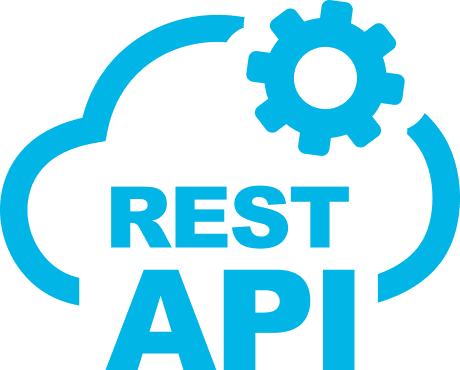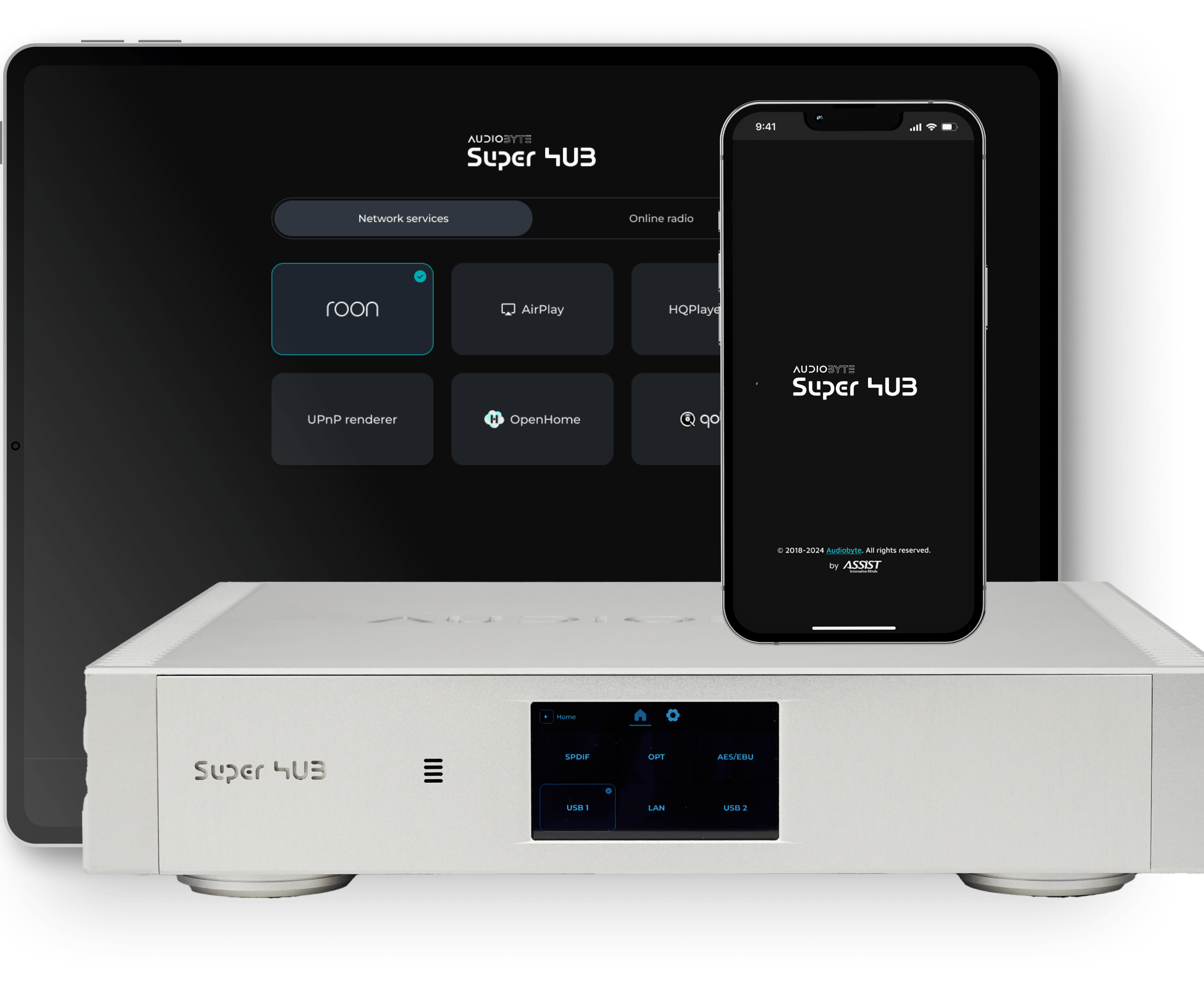
AI-powered environmental risk assessment for a sustainable future

Client
Ambisense is an AI-powered platform that revolutionizes geo-environmental risk assessment. It encompasses both IoT and data science techniques, combining information from remotely deployed field devices with contextual data sources such as weather, satellite, geophysical and operational data to build machine learning models.
Industry
Services
Country
Company size

Specific Ambisense use case
As the digital world evolves, customer behavior has undergone a significant shift to consider environmental and health factors at every turn. For example, the hotel and travel industry has been profoundly impacting by the new guest requirements.
Travelers now expect a customer-centric experience throughout their entire journey. The COVID-19 pandemic further accelerated this trend and focus on health and sustainability, forcing hotels to rapidly adapt and accelerate their digital transformation.
The AmbiAir story
AmbiAir combines several key user-friendly features; it’s battery-powered, easily deployed, has multiple connectivity options, and is wireless. Ambisense believes in a data-first, digital focus, so unlike other indoor air quality options, it is built and presented as an entire ecosystem.
AmbiAir was engineered as an air quality management tool. It is low cost and is designed for rapid deployment – with no fuss.
Once deployed, with Ambilytics you can take a proactive approach to risk management and ensure a healthy indoor environment.

What we worked on:
How did our expertise contribute to AmbiAir?
ASSIST Software designed and implemented the mobile application for AmbiAir, an IoT-driven solution for real-time indoor air quality monitoring.
The app provides detailed insights into air quality metrics, including CO2 levels, temperature, humidity, volatile organic compounds (VOCs), particulate matter (PM), and noise.
AmbiAir was engineered as an air quality management tool that perfectly integrates discrete, connected hardware with intelligent software. Through data analysis it identifies the complex algorithms needed to predict indoor air quality and identify potential unsafe hotspots, alerting users minutes, or even hours in advance.

From product design to development & completion.
We guarantee exceptional products.
Scalable, secure and streamlined solutions for your business success
For business inquiries:
hello@assist.ro
Our address:
1 Tipografiei Street 720043, Suceava, Romania
Frequently Asked Questions
1. Can you integrate AI into an existing software product?
Absolutely. Our team can assess your current system and recommend how artificial intelligence features, such as automation, recommendation engines, or predictive analytics, can be integrated effectively. Whether it's enhancing user experience or streamlining operations, we ensure AI is added where it delivers real value without disrupting your core functionality.
2. What types of AI projects has ASSIST Software delivered?
We’ve developed AI solutions across industries, from natural language processing in customer support platforms to computer vision in manufacturing and agriculture. Our expertise spans recommendation systems, intelligent automation, predictive analytics, and custom machine learning models tailored to specific business needs.
3. What is ASSIST Software's development process?
The Software Development Life Cycle (SDLC) we employ defines the stages for a software project. Our SDLC phases include planning, requirement gathering, product design, development, testing, deployment, and maintenance.
4. What software development methodology does ASSIST Software use?
ASSIST Software primarily leverages Agile principles for flexibility and adaptability. This means we break down projects into smaller, manageable sprints, allowing continuous feedback and iteration throughout the development cycle. We also incorporate elements from other methodologies to increase efficiency as needed. For example, we use Scrum for project roles and collaboration, and Kanban boards to see workflow and manage tasks. As per the Waterfall approach, we emphasize precise planning and documentation during the initial stages.
5. I'm considering a custom application. Should I focus on a desktop, mobile or web app?
We can offer software consultancy services to determine the type of software you need based on your specific requirements. Please explore what type of app development would suit your custom build product.
- A web application runs on a web browser and is accessible from any device with an internet connection. (e.g., online store, social media platform)
- Mobile app developers design applications mainly for smartphones and tablets, such as games and productivity tools. However, they can be extended to other devices, such as smartwatches.
- Desktop applications are installed directly on a computer (e.g., photo editing software, word processors).
- Enterprise software manages complex business functions within an organization (e.g., Customer Relationship Management (CRM), Enterprise Resource Planning (ERP)).
6. My software product is complex. Are you familiar with the Scaled Agile methodology?
We have been in the software engineering industry for 30 years. During this time, we have worked on bespoke software that needed creative thinking, innovation, and customized solutions.
Scaled Agile refers to frameworks and practices that help large organizations adopt Agile methodologies. Traditional Agile is designed for small, self-organizing teams. Scaled Agile addresses the challenges of implementing Agile across multiple teams working on complex projects.
SAFe provides a structured approach for aligning teams, coordinating work, and delivering value at scale. It focuses on collaboration, communication, and continuous delivery for optimal custom software development services.
7. How do I choose the best collaboration model with ASSIST Software?
We offer flexible models. Think about your project and see which model would be right for you.
- Dedicated Team: Ideal for complex, long-term projects requiring high continuity and collaboration.
- Team Augmentation: Perfect for short-term projects or existing teams needing additional expertise.
- Project-Based Model: Best for well-defined projects with clear deliverables and a fixed budget.
Contact us to discuss the advantages and disadvantages of each model.











